Decoding Case Scenario-Based Questions in Nursing: A Must-Know Strategy for Exam Success
Decoding Case Scenario-Based Questions in Nursing: A
Must-Know Strategy for Exam Success
With the prestigious All India Institute
of Medical Sciences Delhi releasing the notification for the recruitment of
Nursing officer via NORCET 9, its time for all aspirants holding BSc Nursing,
GNM, MSc Nursing and other relevant qualifications to brace up!
Understanding how to approach
scenario-based MCQs (Multiple Choice Questions) is essential for every nursing
student. These questions test not only your knowledge but also your ability to
think critically, prioritize interventions, and apply clinical judgment in
real-life situations.
To help you master this skill, here’s a
breakdown of a proven 5-step strategy designed to simplify and strengthen your
exam performance.
Step-by-Step Guide to Solving Case-Based Questions
1. Analyze the Question Stem and
Options:
Begin by understanding the context and identifying key terms or strategic words
in the stem. Whether it's a change in vital signs, a potential risk, or a
nursing intervention — pinpoint the main issue first. Always read carefully and
avoid jumping to conclusions.
Here’s what you need, when you want to prepare for NORCET exam and other nursing competitive exams. Fortified with previous year nursing competitive exam papers, practice papers and much to learn from, this book titled ‘Decoding Case Scenario-Based Questions in Nursing: A Must-KnowStrategy for Exam Success’ is an absolute yes when you aspire to become a Nursing officer.
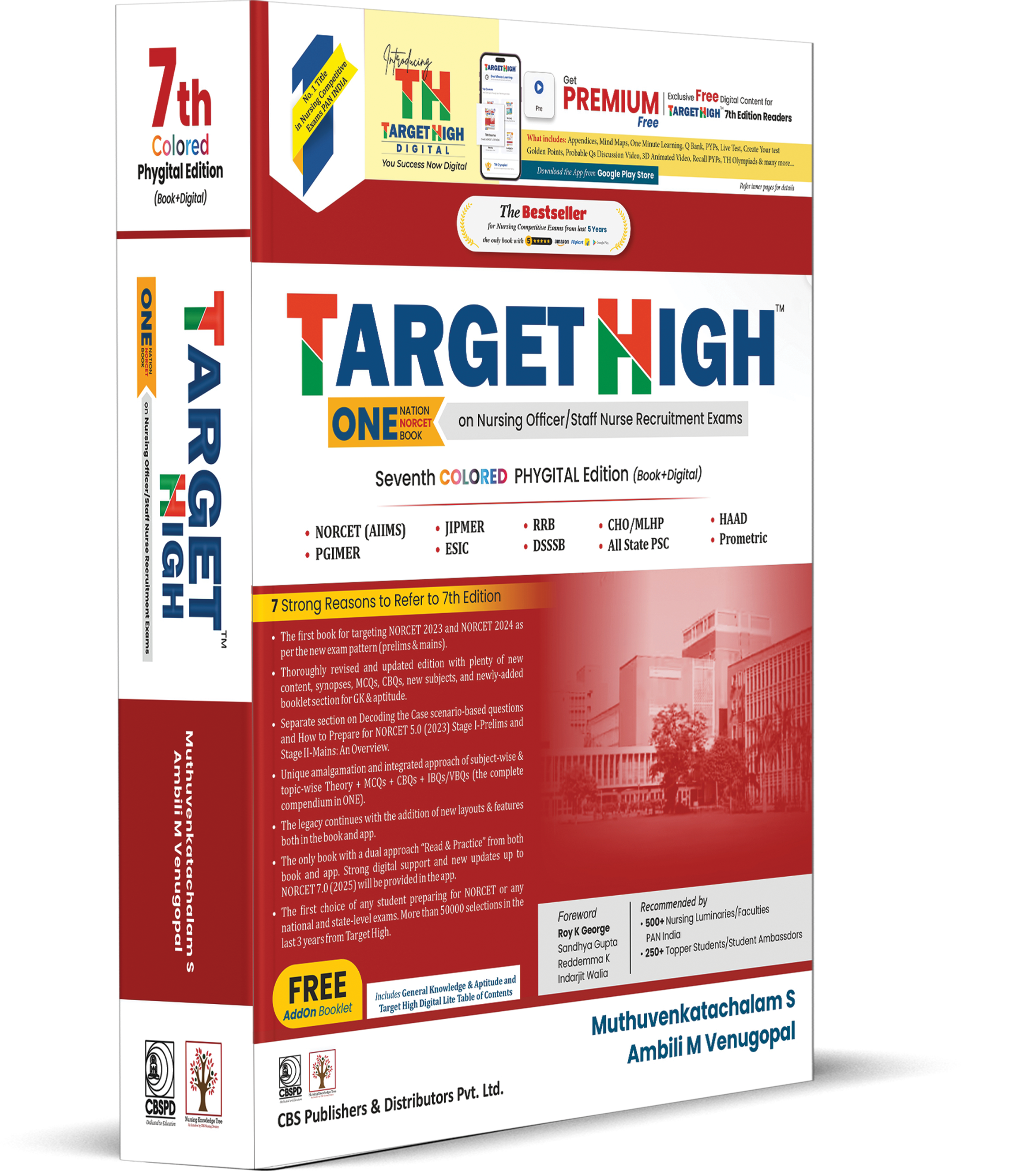
2. Prioritize Nursing Actions or
Interventions:
Look for what needs to be done first, most appropriate, or urgent.
Recognize positive vs. negative stems, which influence your approach:
- Positive Stem: Look for suitable or
correct responses.
- Negative Stem: Identify the least
appropriate or incorrect option.
3. Understand Common Patterns in
Question Types:
- Normal vs. Abnormal Findings
- Nursing Action vs. Physician Action
- Urgency vs. Priority in Care
- Appropriate Diet or Activity
- Time-sensitive Care
4. Apply Clinical Reasoning:
Use clues like lab values, symptoms, or time frames (e.g., “30 minutes after
ingestion”) to decide the correct intervention. Practice recognizing
descriptive adjectives, such as “severe,” “sudden,” or “most important,” to
determine urgency and relevance.
5. Choose the Best Option Using Clinical
Judgment:
Use elimination strategies to rule out distractors and focus on the most
evidence-based and patient-centered option.
Examples to Practice and Understand Better
Example 1 – Positive Stem:
A child with hemophilia is ready for discharge. What sport should the nurse
recommend?
Correct: Swimming – a low-impact and safe option.
Example 2 – Negative Stem:
A nurse caring for a terminally ill patient is planning care. What is the
least important intervention?
Correct: Self-esteem through cosmetic improvement – not urgent for
end-of-life care.
Example 3 – Time Frame Awareness:
30 minutes post-paracetamol overdose – what’s the priority intervention?
Correct: Administer activated charcoal (critical due to short time
window).
Example 4 – Double Negatives:
A post-colostomy patient is advised to avoid which food?
Correct: Refined flour – easy to digest but not suitable post-op.
Example 5 – Connection Words:
Anaphylactic reaction to IV drug – what is the immediate response?
Correct: Stop the medication immediately.
Quick Tips for Success
- Always highlight keywords like: initial, best, most
appropriate, avoid, contraindicated.
- Watch out for double negatives - they can mislead your interpretation.
- Recognize urgency clues such as “immediate,” “first,” or
“priority.”
- Use logic, not just memory - consider patient safety and clinical
context.
Mastering scenario-based MCQs is a
skill every nursing student can build with the right approach. With clear
thinking, a strong grasp of nursing fundamentals, and consistent practice using
these strategies, you can improve your confidence and exam performance
dramatically.

.png)
.png)




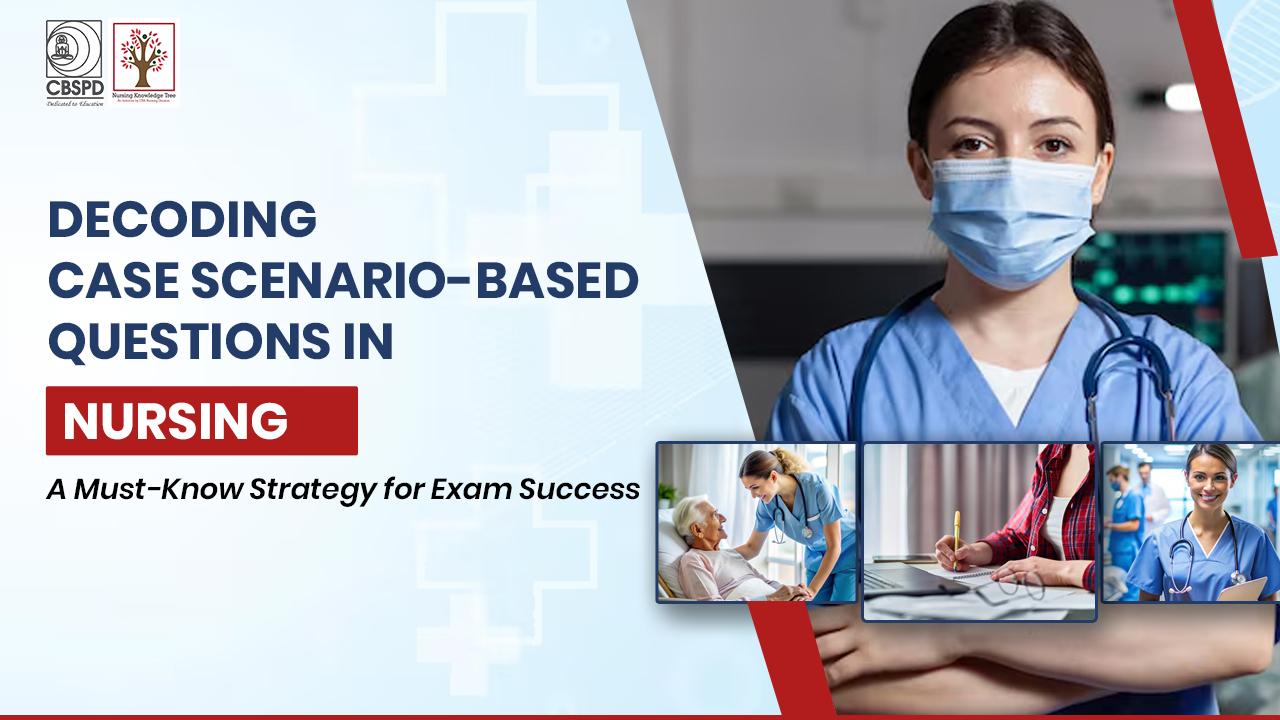


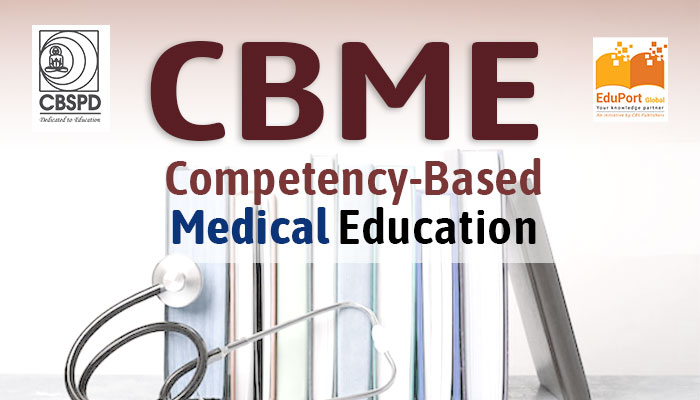
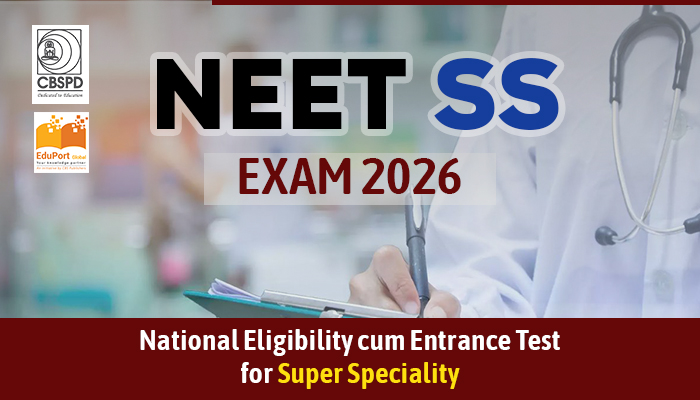


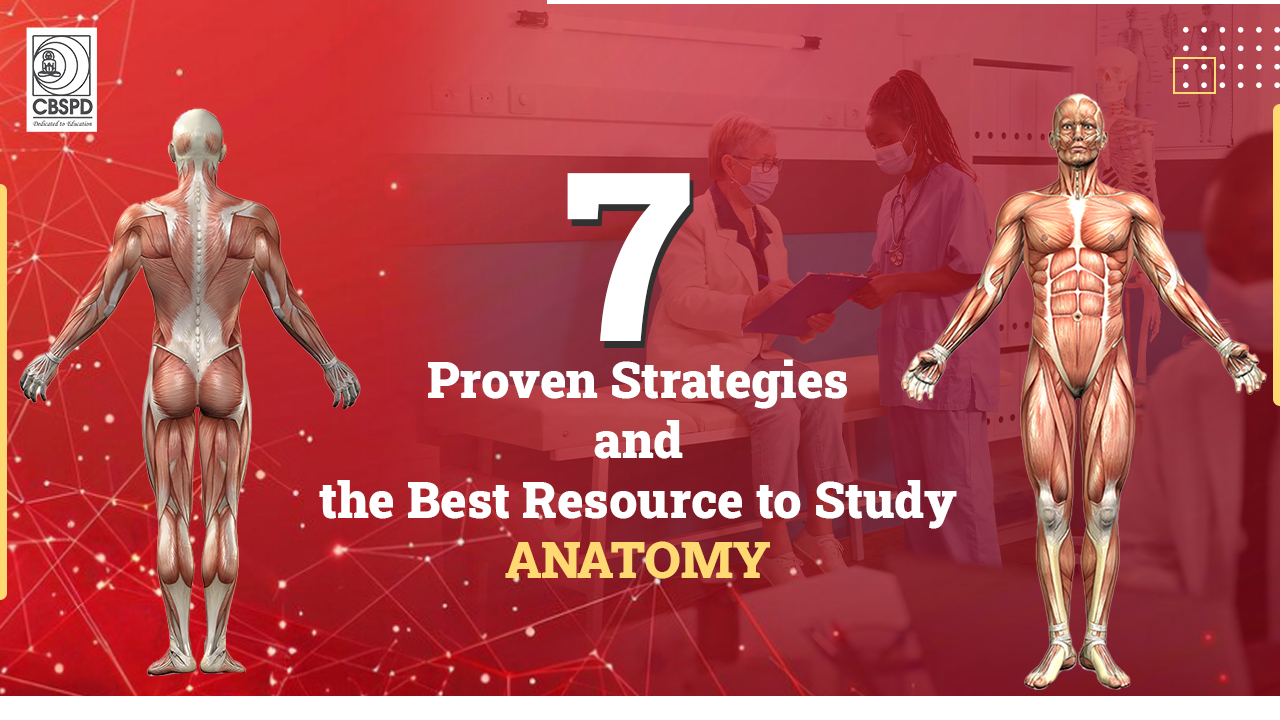

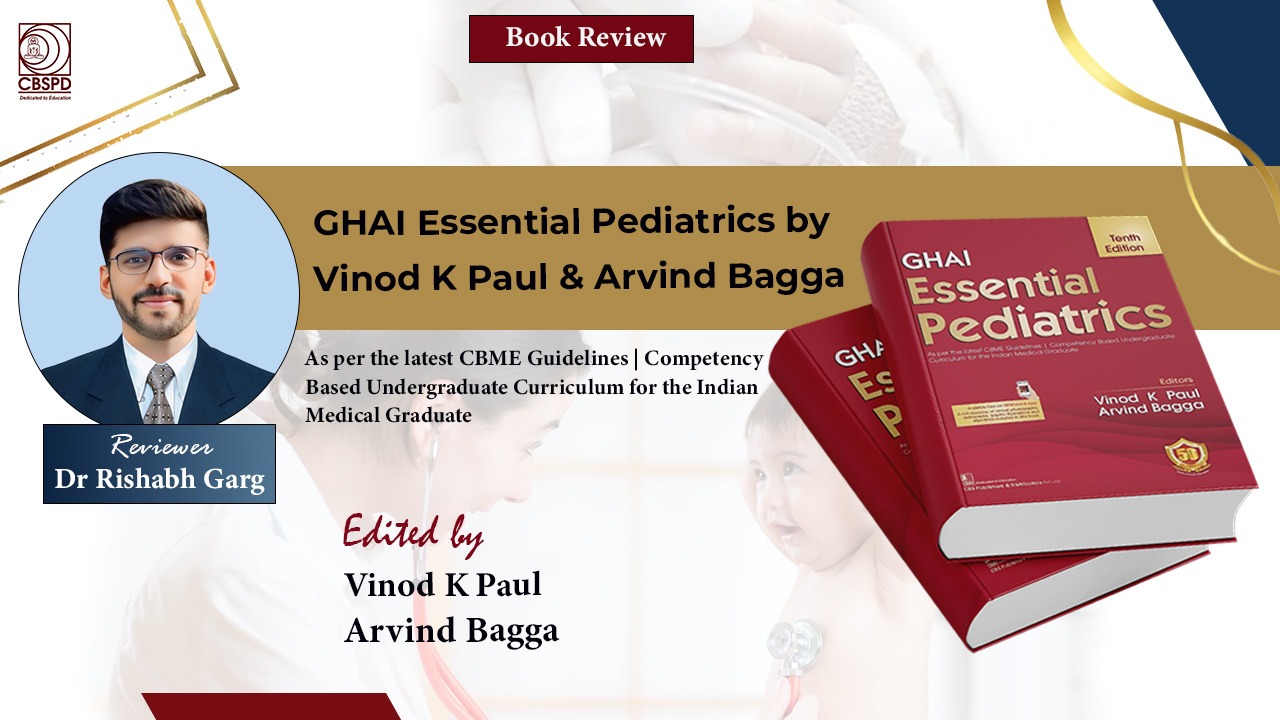
.jpg)
.jpg)
